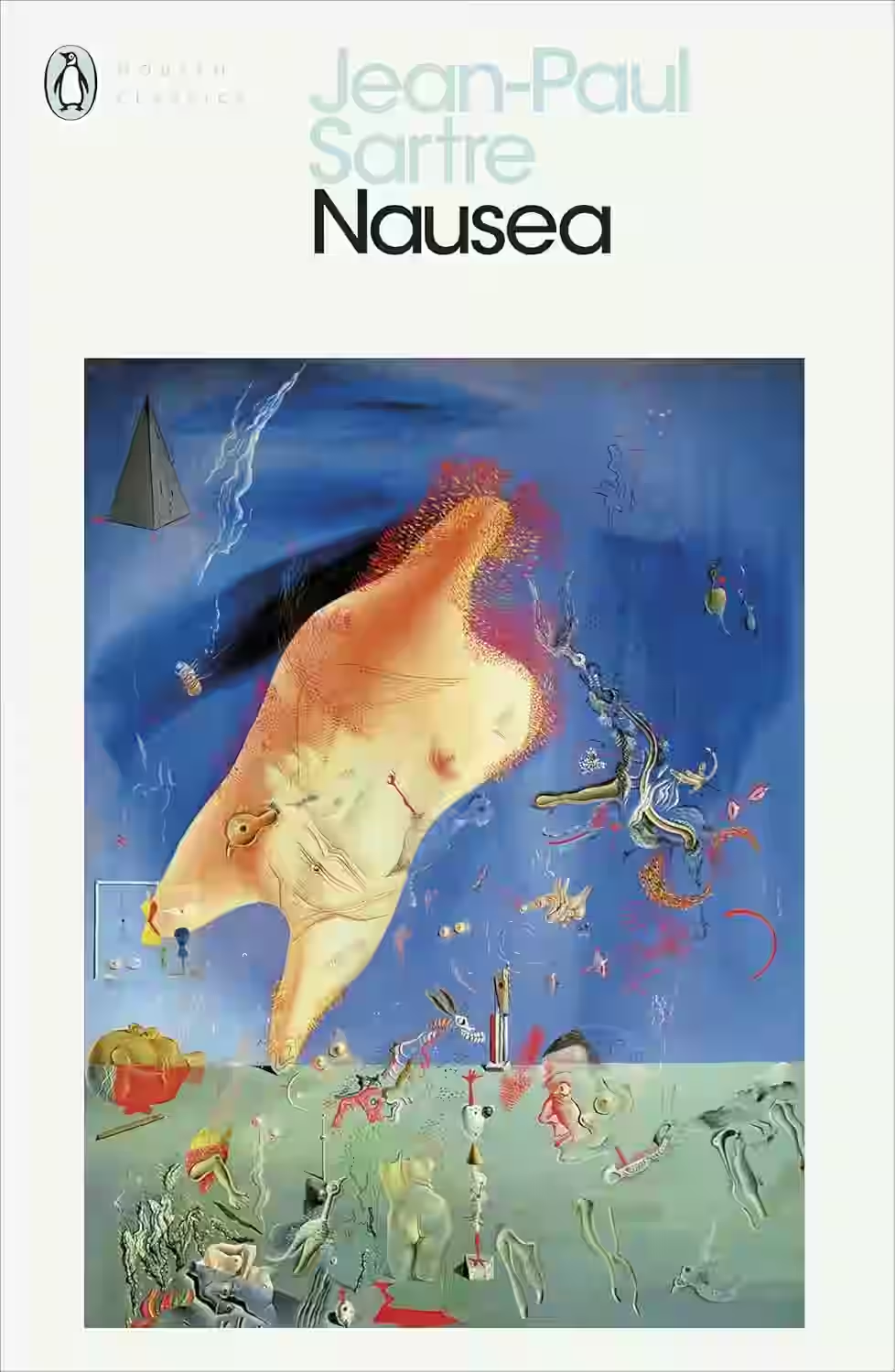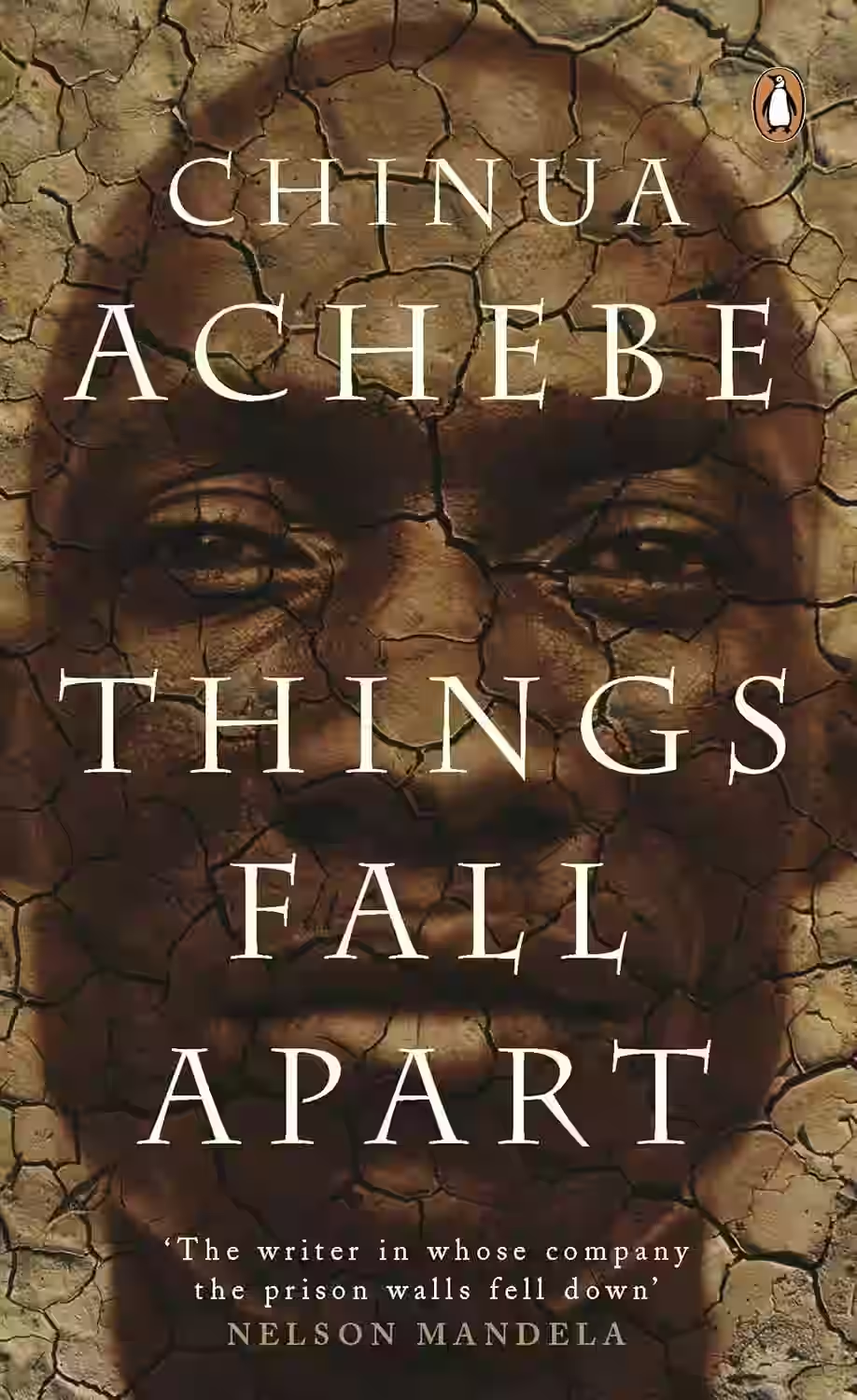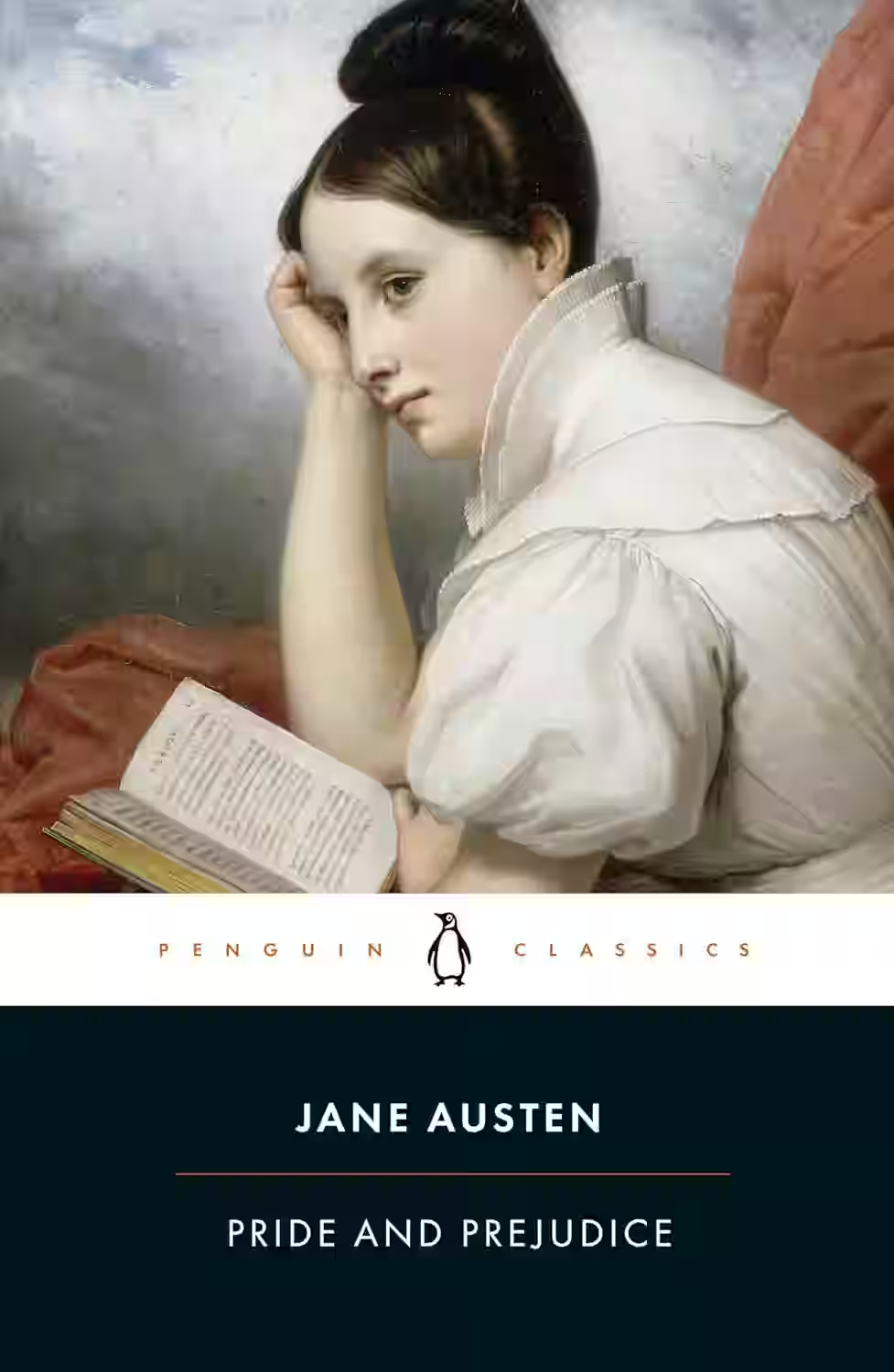
Jean-Paul Sartre's 'Nausea' is a seminal existential novel that delves into the themes of existential angst and the search for meaning in an indifferent universe. Through the introspective diary entries of Antoine Roquentin, a solitary historian residing in the fictional town of Bouville, the novel explores the overwhelming sensation of 'nausea'—a profound discomfort and disorientation felt as he confronts the absurdity of existence. Sartre's nuanced philosophical insights underscore the fluid and often despairing nature of human consciousness, making the narrative a cornerstone of existential literature. 'Nausea' invites readers to ponder deeply their own existence and the essence of freedom, responsibility, and self-definition in a world devoid of inherent meaning.
About Jean-Paul Sartre
Jean-Paul Sartre (1905–1980) was a towering figure in 20th-century philosophy and literature, renowned for his profound contributions to existentialism and phenomenology. Born in Paris, Sartre's intellectual journey led him to study at the prestigious École Normale Supérieure. His early philosophical writings laid the groundwork for his seminal work, 'Being and Nothingness' (1943), a cornerstone of existential philosophy. Beyond philosophy, Sartre's literary repertoire includes acclaimed novels like 'Nausea' (1938) and the play 'No Exit' (1944), showcasing his talent for exploring existential themes. A vocal political activist, his rejection of the Nobel Prize for Literature in 1964 underscored his commitment to his principles. Sartre's profound impact on both literature and existential thought continues to influence writers and philosophers worldwide.
Similar Books

Things Fall Apart
Okonowo is the greatest warrior alive. His fame has spread like a bushfire in West Africa and he is one of the most powerful men of his clan. But he also has a fiery temper. Determined not to be like his father, he refuses to show weakness to anyone - even if the only way he can master his feelings is with his fists. When outsiders threaten the traditions of his clan, Okonowo takes violent action. Will the great man's dangerous pride eventually destroy him?

Pride and Prejudice
by Jane Austen
This beloved classic follows the spirited Elizabeth Bennet as she navigates love, marriage, and social status in Georgian-era England. When the wealthy and proud Mr. Darcy enters her life, their mutual prejudices create a complex dance of misunderstanding and growth. Through razor-sharp wit and social commentary, Austen crafts a timeless romance while critiquing class, marriage, and gender roles in 19th-century society.

The Brothers Karamazov
The murder of brutal landowner Fyodor Karamazov changes the lives of his sons irrevocably: Mitya, the sensualist, whose bitter rivalry with his father immediately places him under suspicion for parricide; Ivan, the intellectual, driven to breakdown; the spiritual Alyosha, who tries to heal the family's rifts; and the shadowy figure of their bastard half-brother, Smerdyakov. Dostoyevsky's dark masterwork evokes a world where the lines between innocence and corruption, good and evil, blur and everyone's faith in humanity is tested.

Uncle Tom’s Cabin
A landmark anti-slavery novel, Uncle Tom’s Cabin tells the story of enslaved man Tom and the brutal realities of slavery in 19th-century America. With vivid characters and emotional power, it galvanized abolitionist movements and shaped public opinion like no other book of its time. Though controversial for its portrayals today, it remains a pivotal work in American literature and history, sparking empathy and national debate.